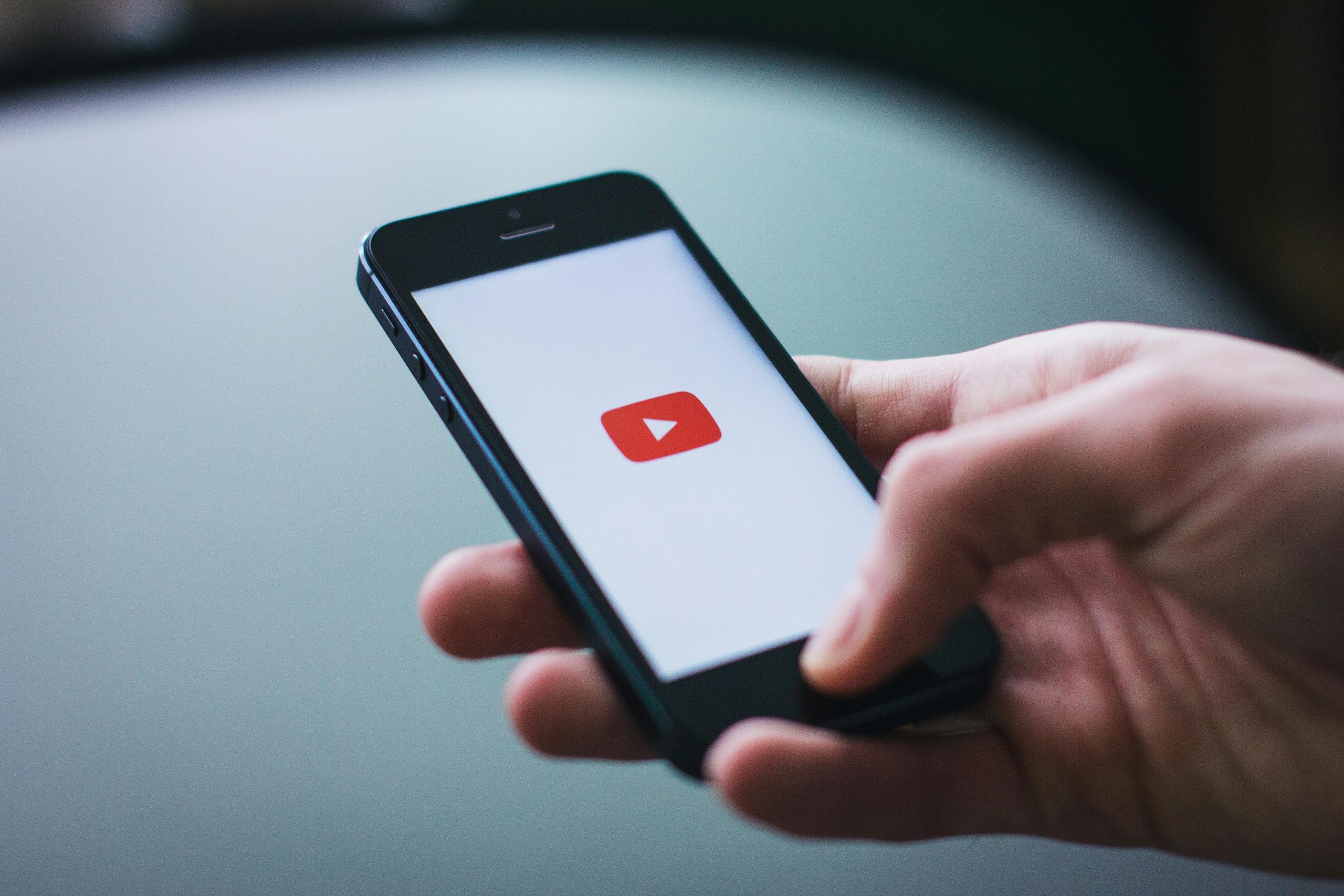Reflections on the Future Obsolescence of AI-Generated Content
The Future of AI-Generated Content: Challenges and Considerations for Digital Communication
As artificial intelligence continues to advance at an unprecedented pace, a pressing question emerges: what does this mean for the future of content authenticity and trustworthiness? With a growing majority of online material—ranging from job listings to news articles—being produced or influenced by AI, how can we distinguish genuine human expression from machine-generated content? Is trust in digital communication eroding as a result?
One concern centers around the concept often referred to as the “model collapse” problem. Let’s call it the “believability collapse.” Imagine a scenario where an entire domain—such as employment postings—is saturated with AI-generated descriptions. Over time, the authenticity of this content diminishes, leaving us unsure whether what we read reflects real opportunities or fabricated narratives.
Historically, the ability to craft effective writing, especially in resumes, provided insight into a candidate’s critical thinking and communication skills. A poorly written resume could reveal honesty or uncertainty, whereas a polished one might mask underlying deficiencies. However, the rise of AI complicates this dynamic. Future resumes and professional communications may become uniformly refined and perfectly aligned with job requirements, rendering traditional signals of authenticity meaningless. In effect, resumes could become mere digital business cards—impressive on the surface but lacking genuine reflection of the individual.
This trend extends beyond written documents. Emails, text messages, voice recordings, and other mediated interactions are increasingly susceptible to AI augmentation. We are approaching a potential future where distinguishing human-generated content from machine-produced material requires explicit tags indicating “Written by a Human” or “Generated by AI.” Alternatively, real-time biometric authentication might become necessary to verify identities during conversations. Without such mechanisms, we may default to assuming everything is AI-produced—destined to diminish trust across all forms of digital interaction.
If trust in the authenticity of online communications diminishes, the value of these interactions could decline sharply. We might find ourselves reverting to more traditional, face-to-face engagements—an old-fashioned approach that bypasses the digital fog. But this raises an important paradox: if we recognize the pervasive influence of AI, why invest heavily in AI systems in the first place? Is it simply to enhance efficiency, or are we risking a fundamental erosion of the trust that underpins our digital societies?
In summary, the rapid proliferation of AI-generated content presents a profound challenge: it threatens to undermine the very mediums that facilitated our connectivity—text, audio, video, and images. If we














Post Comment